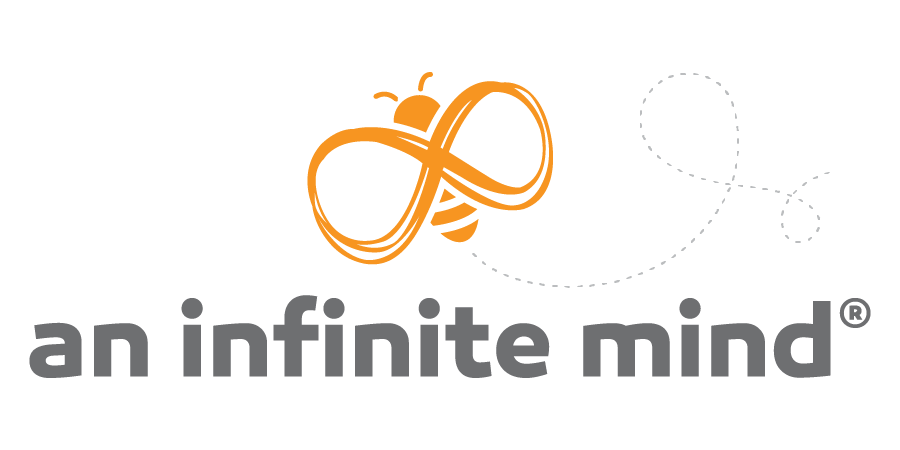
Finding a Therapist
Finding the Right Therapist
We know finding the right therapist can be tough. Here is some information that might be helpful in your search!
How to Search:
You can utilize these resources to locate a trained and experienced clinician. This will help narrow down the choices but you still must check their experience and training. Unfortunately, some clinicians will check all the boxes to increase their visibility on the sites.
ISST-D: https://isstd.connectedcommunity.org/network/network-find-a-professional
Psychology Today: https://www.psychologytoday.com/us/therapists
Good Therapy: https://www.goodtherapy.org/
Therapy Den: https://www.therapyden.com/
Online Therapy Platforms such as Better Help and Talk Space may be a more affordable option if you are comfortable with telehealth.
Interview Questions
Most therapists will give you a complementary 10-15 minute call to see if you are a good fit for each other. This is the perfect time to ask questions so you can learn more about their training and experience. DID aware and DID competent are really different things. Don’t be afraid to ask the tough questions. Remember, you are hiring them for a very important job! Some questions you might want to ask are:
▪ What are your specialties?
▪ Do you belong to any professional organizations?
▪ How long have you been in practice?
▪ What experience do you have in treating dissociation and DID?
▪ Are you comfortable seeking supervision or consulting with other professionals if needed?
▪ What modalities do you use?
▪ Do you think you can help me?
▪ Is there anything I should know about your services that I didn’t think to ask about?
Interview Impressions
Did you?
▪ feel safe and reasonably comfortable
▪ feel understood and taken seriously
▪ feel treated respectfully
▪ feel like it could be a good match
▪feel your questions were answered adequately
▪feel this individual is clinically qualified
Pay attention to your intuition; choosing a helpful therapist will require trusting your own thoughts and feelings. Remember that you are a consumer and that it is your right to choose a therapist who best meets your needs. The rule of thumb is to give a therapist 3 sessions to determine if they are right for you. You don’t need to continue seeing a clinician you are not comfortable with. They will understand.
Types of Trauma Treatment
There are many different types of trauma treatment. The best one is the one that works for you. Here are a few of the acronyms you might see under their trainings. You might consider asking if these trainings were specific to dissociation and DID or just the standard training.
▪ EMDR- Eye movement desensitization and reprocessing
▪ ART- Accelerated Resolution Therapy
▪ RRT- Rapid Resolution Therapy
▪ EFT- Emotional Freedom Techniques
▪ Hypnosis
▪ Brain Spotting
▪ Supportive Therapies
▪ DBT: Dialectical Behavioral Therapy
▪ CBT: Cognitive Behavioral Therapy
▪ Expressive Arts: i.e.- art therapy, drama therapy, dance/music therapy
▪ Somatic Work: i.e.- body oriented psychotherapy
What do all Those Letters Mean?
These change from state to state but are generally similar.
▪ LCSW: Licensed Clinical Social Worker
▪ LMHC: Licensed Mental Health Counselor
▪ LCMHC: Licensed Clinical Mental Health Counselor
▪ LCPC: Licensed Clinical Professional Counselor
▪ LCAS: Licensed Clinical Addiction Specialist
▪ LMFT: Licensed Marriage and Family Counselor
▪ NCC: Nationally Certified Counselor
▪ LPC: Licensed Professional Counselor
▪ PsyD: Psychologist – provides therapy, may do evaluations
▪ PhD: Psychologist- typically do evaluations but can also provide therapy
▪ MD- Psychiatrist- typically do medications but can provide therapy
▪ RMHCI, PLP, LCSWA, LCMHCA, LGPC: Usually a pre-licensed professional who has graduated from a mental health program but is still under their supervision period with a licensed professional.
▪ Student Intern: The clinician is still a student in a mental health program at a University receiving supervision from a licensed professional.
